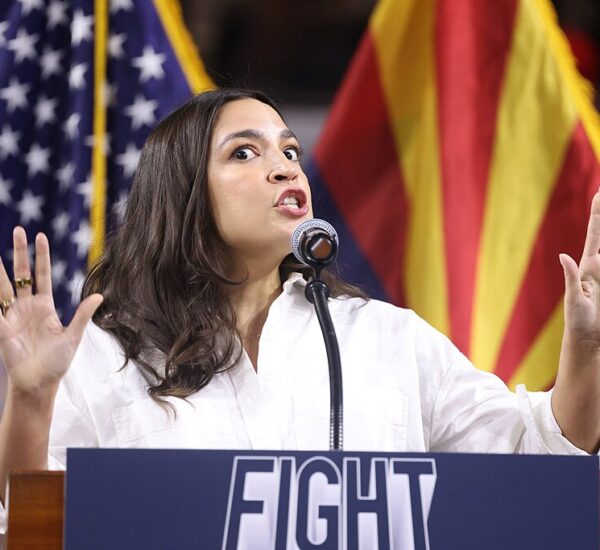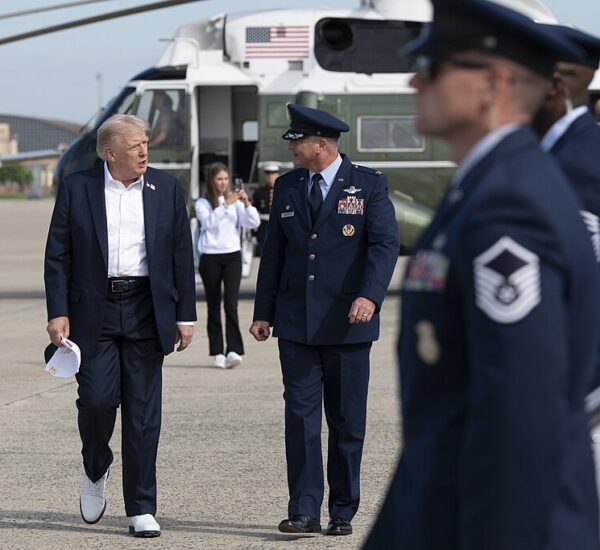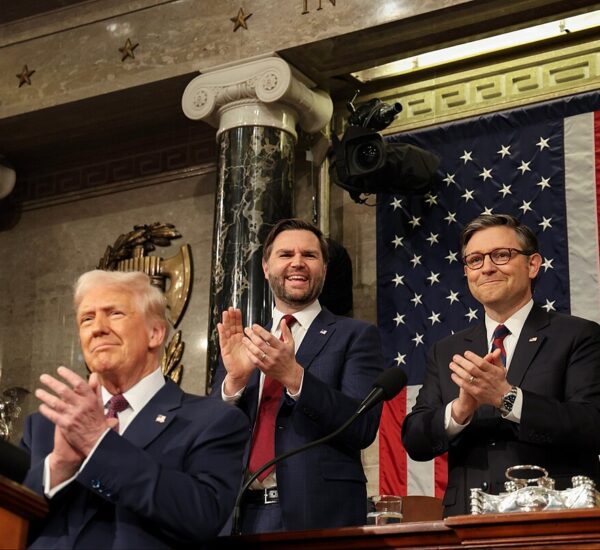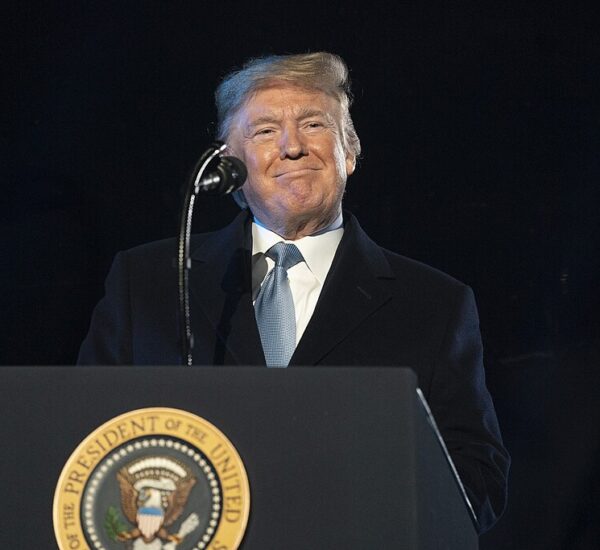Trump FTC Faces It’s First Big Challenge
Big Tech is under fire—again—and this time, President Trump’s administration is leading the charge. In a landmark antitrust trial set to begin this week, the Federal Trade Commission (FTC), revitalized under Trump’s leadership, is taking Meta (formerly Facebook) to court. At the heart of the case: Meta’s controversial acquisitions of Instagram and WhatsApp, which government officials argue were designed to crush competition and create a social media monopoly.
This trial is more than a legal showdown—it’s a bold declaration of President Trump’s renewed commitment to dismantling the unchecked power of Silicon Valley. As Americans grow increasingly frustrated with censorship, surveillance, and foreign influence in tech, the Trump administration is drawing a clear line in the sand. Meta could be forced to break up its empire if the FTC prevails—sending shockwaves across the entire tech industry.
A Decade of Monopoly Power: The Case Against Meta
Meta acquired Instagram in 2012 for $1 billion and WhatsApp in 2014 for a staggering $19 billion. At the time, the moves appeared strategic—and now they’re under scrutiny. The FTC alleges these purchases were not about innovation, but domination: a calculated effort to eliminate rising threats and maintain control of the digital public square.
“Meta didn’t win through competition—they bought the competition,” the FTC’s legal brief states. And now, years later, consumers are paying the price through limited choices, declining privacy, and biased content moderation.
If Meta loses this case, Facebook and Instagram could be forced to split, opening the door for true competition and freedom in the online world once again.
Trump’s FTC: Cleaning House and Restoring Accountability
The Trump White House has wasted no time reshaping the FTC. After removing two Democrat commissioners, President Trump appointed new leadership committed to upholding free markets and defending American innovation.
Zuckerberg, once viewed as an untouchable tech mogul, has reportedly lobbied Trump and his advisors in hopes of cutting a deal. But so far, there are no signs the administration is backing down.
“The law is clear, and we’re here to enforce it,” said newly appointed FTC Chair Andrew Ferguson.
This marks a stunning reversal from previous administrations that often turned a blind eye to Big Tech’s behavior. Under Trump, the message is simple: no company is too big to face justice.
Meta’s Desperate Defense—and the China Connection
Meta has argued that it faces stiff competition from other platforms, including Chinese-owned TikTok, YouTube, and X (formerly Twitter). The company warns that punishing an American firm could benefit foreign adversaries—a claim that may resonate with some, but doesn’t excuse past anticompetitive behavior.
Critics also point out that Meta’s acquisitions were once approved by regulators. But under Trump’s leadership, those approvals are being reexamined for what they truly were—rubber stamps in an era of weak oversight.
Meanwhile, Meta is trying to reshape its image. The company recently scrapped its third-party fact-checking program and began downsizing its DEI (diversity, equity, and inclusion) teams—moves that align more closely with Trump’s pro-America, anti-woke agenda.
What’s Next for Big Tech?
The outcome of this trial could reshape the entire tech landscape. If the FTC wins, a clear signal will be sent to Google, Amazon, Apple, and every other tech behemoth: the era of unchecked dominance is over.
“This case isn’t just about Facebook—it’s about the future of American technology,” said legal expert William Kovacic. “And if Meta fails, other tech giants may be next.”
For millions of Americans concerned about censorship, privacy, and free speech, this trial offers hope that justice—and balance—can finally be restored.






